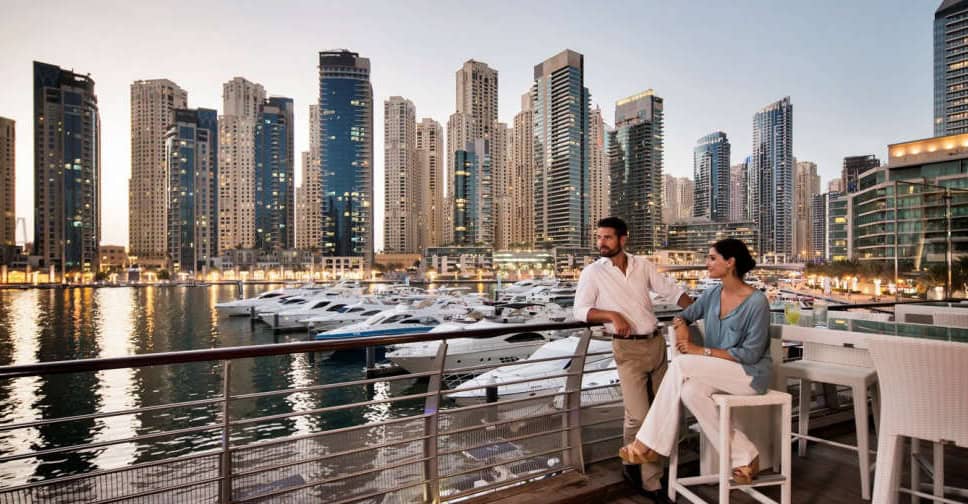Time-sharing ownership schemes in the United Arab Emirates are subject to certain advantages and disadvantages due to the lack of regulations. However, there is also a lot of flexibility available in the deregulated environment. Conversely, it generates a situation wherein activities occur without regulations, potentially giving rise to risks and uncertainties.
Dubai’s real estate market is thriving, as the top-notch projects by creative developers are introduced in the UAE. The estimated yearly growth rate of the city is 6.2%, primarily driven by new construction. Increased interest and investment from people who haven’t yet entered the real estate market are predicted due to the market’s dynamic nature and planned changes to the law that permit different kinds of property ownership.
The Legislative process
The legislative process must quickly change in response to this explosion of development to handle new problems and facets of real estate ownership, such as time-sharing. To understand the legislative process one should hire the lawyers in dubai or expatriate legal consultants in dubai are also fine. The role of lawyers and legal consultants in Dubai should not be underestimated because they are well-educated and capable of delivering legal support.
Experts state that time-sharing is the travel and tourism industry segment with the fastest growth rate, and Dubai has become one of the world’s top tourist destinations. Buying a second vacation house or staying in hotels is not the only option available: time-sharing. By buying shared time at a resort, you can lock in today’s vacation costs for later use.
Time-sharing is a concept that is rarely applied in the United Arab Emirates, despite being widely used in Europe and the USA. But among UAE real estate developers, it has the potential to become a big trend. For investors wishing to diversify their investment portfolios by co-owning assets in upscale locations across the globe, time-sharing offers an attractive alternative. As we stated above that, time sharing process is the process
It is crucial to look at time-sharing as a concept, potential schemes, and related legal aspects to comprehend it better. Through time-sharing, a buyer can obtain either freehold “interval ownership” or a lease/licence “right to use” lodgings, typically in resort areas, for a predetermined amount of time. Time effectively becomes a divided entity that is possess able.
Time-sharing is still more of a commercial than a legal concept, despite its commercial appeal. The legal structure of the scheme, which is impacted by the laws of the jurisdiction where the property or scheme is located, determines the legal title or interest obtained by a time-share holder. Since there are no particular regulations in the UAE, investors and developers must deal with the existing property laws, which might not fully address the complexities of time-sharing.
In other countries, several time-sharing legislation frameworks have been put into place with success. These arrangements, which include intermittent leases and joint ownership of units in common-hold property, might work with the current legal framework in the United Arab Emirates. Nonetheless, time-sharing program implementation in the United Arab Emirates necessitates navigating a challenging field of study. There may be problems with real estate, zoning, subdivision rules, and public health, safety, and welfare.
Specific time-sharing legislation must be developed and put into effect in light of these complexities. This type of law would shield developers, adjacent property owners, and time-share buyers. While waiting, developers ought to implement stringent measures. Developers of real estate who are considering time-sharing must design programs that are both prudent financially and run. These programs ought to provide buyers with sufficient protection and guarantee thorough disclosure of all relevant terms and conditions. In the absence of these safeguards, market manipulation may transpire, which might result in strict regulatory measures.
In conclusion, while the UAE’s lack of specific time-sharing laws offers flexibility, the absence of a legal framework also poses serious risks. Dubai’s real estate boom, which is distinguished by its quick growth and creative developments, emphasizes the necessity for legislative changes to make room for new forms of property ownership, such as time-sharing. Dubai’s reputation as a top travel destination highlights the growth potential for time-sharing in its real estate sector. But to safeguard all parties engaged in time-sharing arrangements, clear laws must be established due to the complicated legal and regulatory environment. To stop abuses and safeguard their clients, developers must guarantee the transparency and integrity of their programs until such laws are put in place.
The saying goes, “Timing is everything,” and the timely adoption of the relevant laws will be essential to the successful incorporation of time-sharing into the real estate market in the United Arab Emirates. Authentic legal frameworks and proactive developer actions will create the conditions for a thriving and long-lasting time-sharing industry in Dubai and elsewhere.












